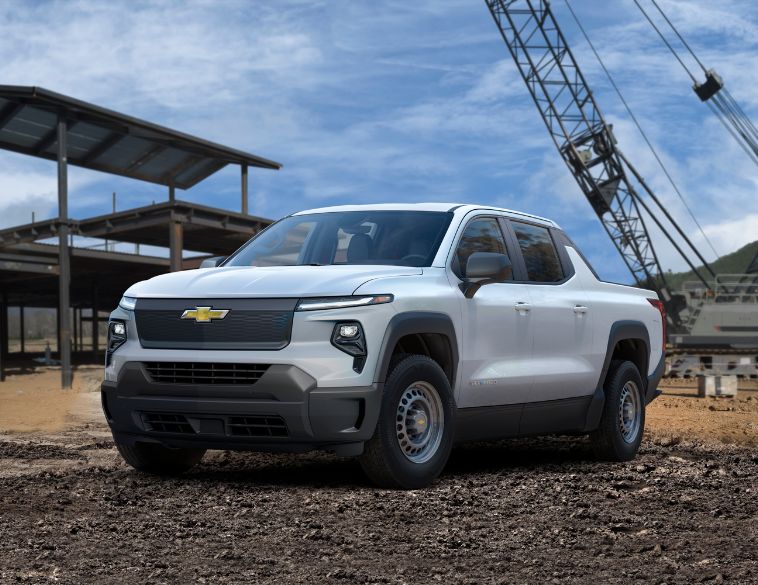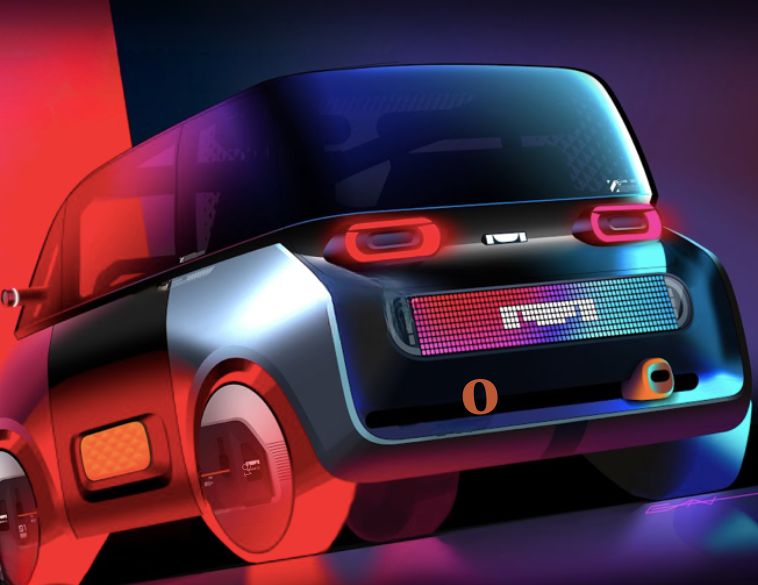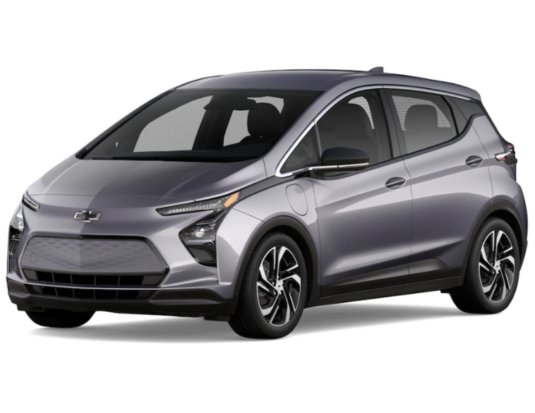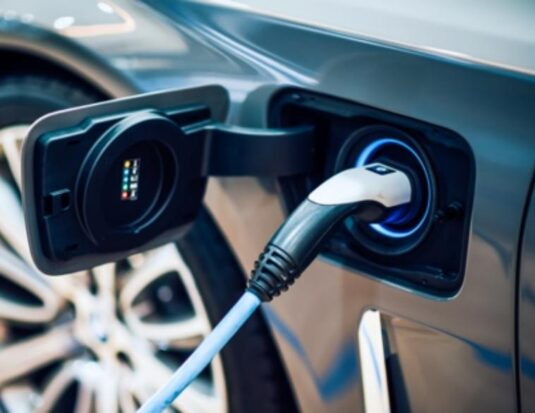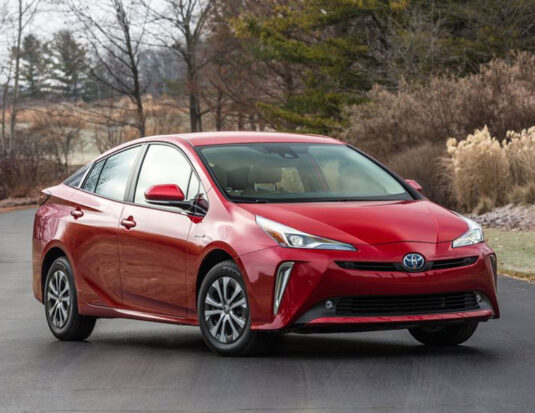Electric vehicles
Nowadays, the electric vehicle fleet is growing exponentially, with increasing adoption by consumers and businesses. Over the past few years, sales of electric vehicles have increased dramatically, now representing a significant share of cars sold worldwide. And this upward trend is expected to continue in the coming years. Technological advances, government subsidies and environmental concerns have helped spur this trend, and the electric vehicle fleet continues to grow to meet the increasing needs of consumers and businesses. For industry professionals, it seems imperative to align with this trend and adapt their automotive inventory, offering more and more electric cars in their catalog.
Electric vehicles: the future of the car fleet
Some of the hot models and upcoming releases include the Hyundai Ioniq 5, the Kia Niro EV, the Mazda MX-30, the Volvo XC40, the Chevrolet Bolt EV, the Nissan Leaf and the Volkswagen ID.4. All of these models have unique features that meet the needs of professionals and consumers alike. Chevrolet’s flagship model, the Silverado 2024 EV, will also be available in a 100% electric version. Ideal for companies wishing to combine utility and environmental friendliness. Some models offer a range of more than 600 kilometres, ultra-fast charging and advanced features such as autonomous driving and enhanced connectivity. In addition, automakers continue to invest heavily in the development of new technologies for electric cars, offering a wide variety of models to suit all needs. As a result, the current electric vehicle fleet is constantly evolving and consumers and businesses now have access to increasingly innovative and efficient models.
The importance of promoting electric vehicles
Motivating the purchase of electric cars is a strategic choice for automotive and fleet professionals looking to reduce costs and strengthen their commitment to the environment. Electric vehicles offer significant savings on maintenance costs. In addition, they are free of greenhouse gas emissions, meeting increasing sustainability requirements. Finally, governments often offer subsidies and tax incentives to encourage the use of electric cars, also reducing purchase costs for companies. Electric vehicles are therefore a cost-effective and sustainable alternative to traditional vehicles, helping to improve operational performance and corporate social responsibility.
Innovations in electric vehicles
As the electric vehicle fleet represents the future, innovations in electric cars have significantly improved the performance and cost-effectiveness of these vehicles over the years. New lithium-ion batteries provide greater energy density and range, while recharging times have been significantly reduced. Car manufacturers have also developed more sophisticated battery management systems, optimizing charging and discharging to extend battery life. In addition, new models are incorporating innovative features such as autonomous driving, advanced connectivity and lighter materials to reduce weight and improve fuel efficiency. It is important to note that the innovations and development of the electric vehicle fleet are affecting all types of vehicles. From 100% electric heavy-duty trucks, to electric buses, to vans (with the Ford E-Transit for example), all professionals are involved in the shift to electric.
The advantages of electric vehicles compared to hybrids
Electric cars have certain advantages over hybrid vehicles. It is not for nothing that the electric offer has surpassed the hybrid in 2023 ! First of all, electric vehicles are more environmentally friendly, producing no greenhouse gas emissions during their use. In addition, electric cars are more economical to operate. Finally, electric cars offer a quieter driving experience, with increased driving performance due to instant acceleration. However, it should be noted that electric vehicles have a limited range compared to hybrid cars and require expensive infrastructure and a recharging strategy. Therefore, automotive professionals will need to carefully evaluate the pros and cons of both types of vehicles before making a choice for their fleet.

